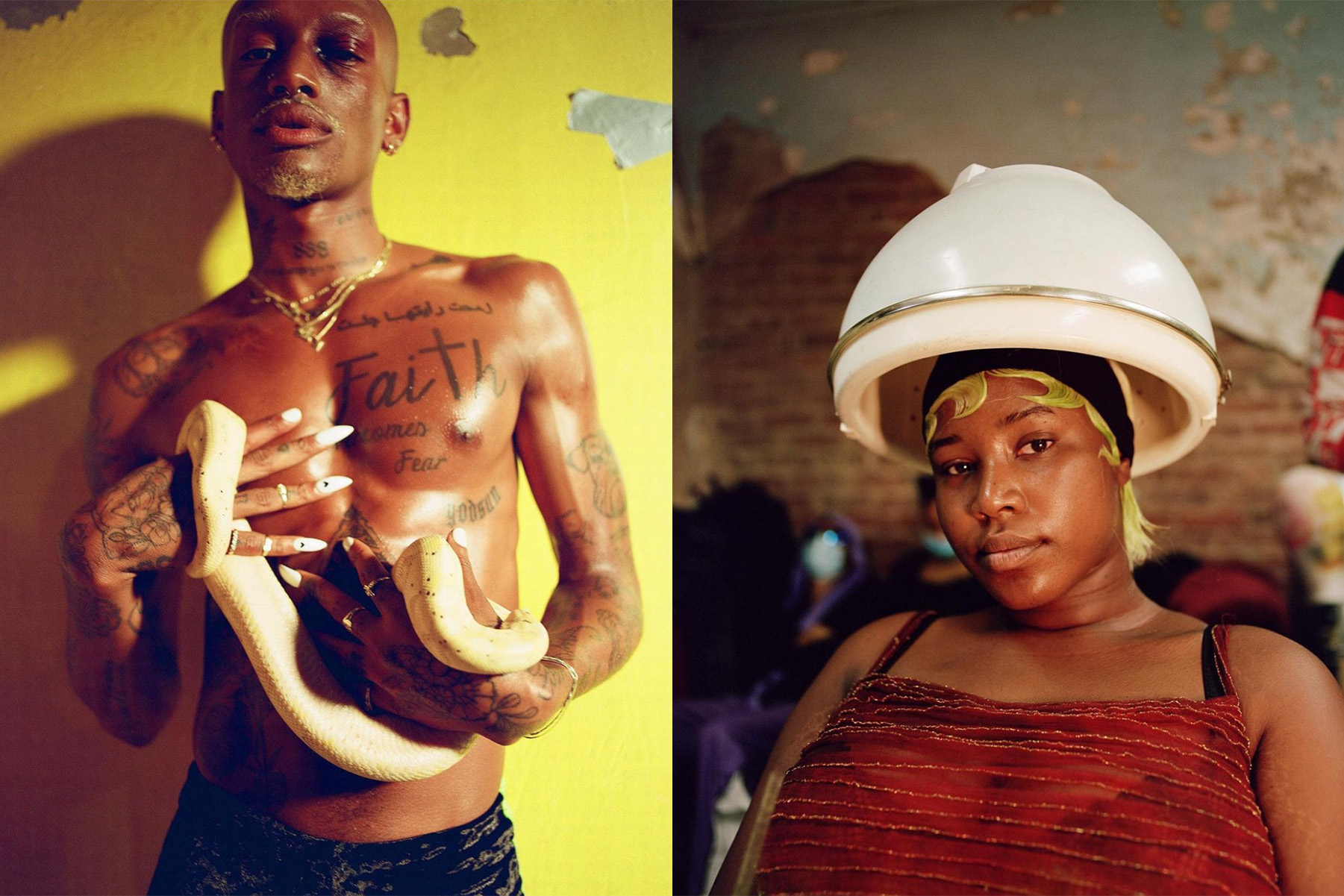
"It's nice that people trust me to capture their essence in a way that they feel is respectful to them. That honours them." Summed up, this sentiment is what photographer Myles Loftin's work is rooted in - giving his subjects visibility in a safe environment, and feeling it reflected back within his own identity.
"The communities that I represent within my work are reflective of my own identities." He says. "A lot of the people I photograph are Black queer people, I also identify as a Black queer person. And I think that for me, it's just about wanting to put images out there that make people that look like me, and are part of my community feel included and feel seen."
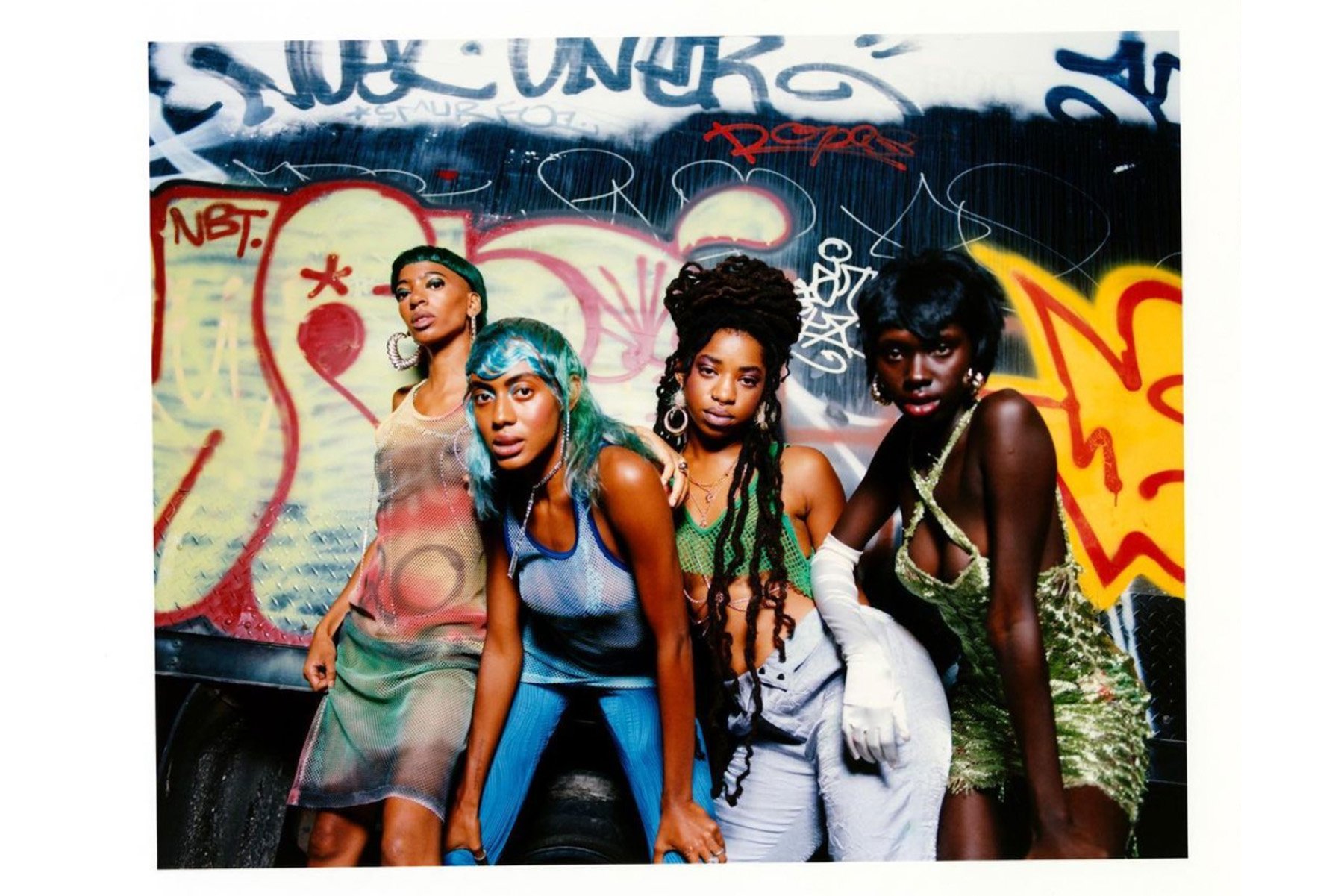
It is undeniable that Loftin's intention is communicated in his imagery without verbal affirmation. Through imagery that looks as though it could appear in a dream, his subjects are captured with a come-as-you-are attitude, fortified through rich colours and depth that captures soul alongside silhouette. Moments in time that represent the expansiveness of what it means to live authentically.
"I'm interested in telling the stories of people who have unique views of the world, people who are creatives who don't just take things as they are, they kind of challenge the status quo." Loftin tells me over the phone. "I think a lot of my images are trying to question what has been, instead of trying to introduce something that's new." He says.
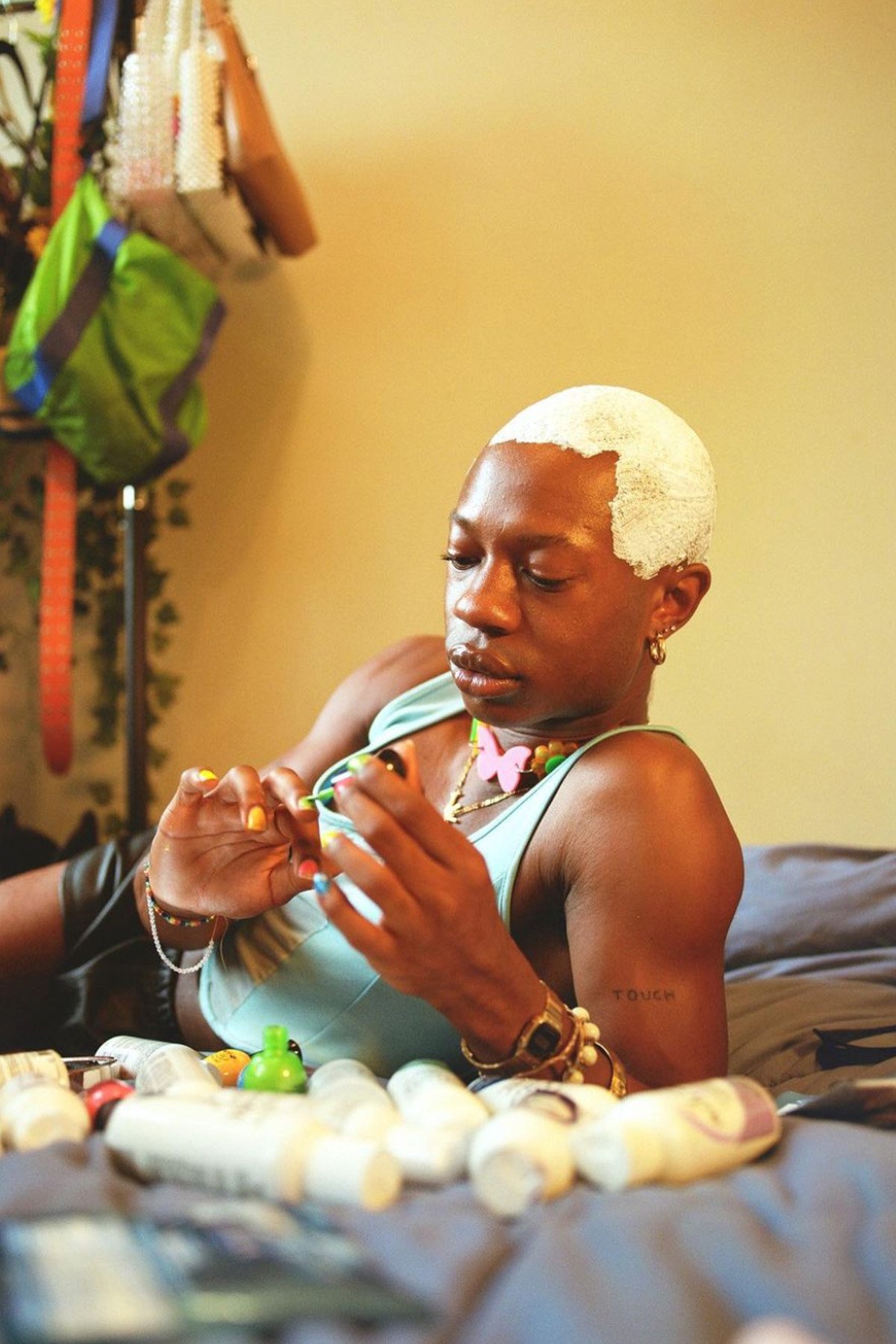
A Maryland native, Loftin's work has developed significantly since moving to New York City after graduating high school to attend Parsons School of Design. "I found myself interacting with a lot of different interesting people that I don't think I wouldn't have necessarily interacted with in my hometown." He says. Finding safety within communities that reflect his own experience with identity was one of the key driving factors to the development of his work - work that once recognized, feels so notably him.
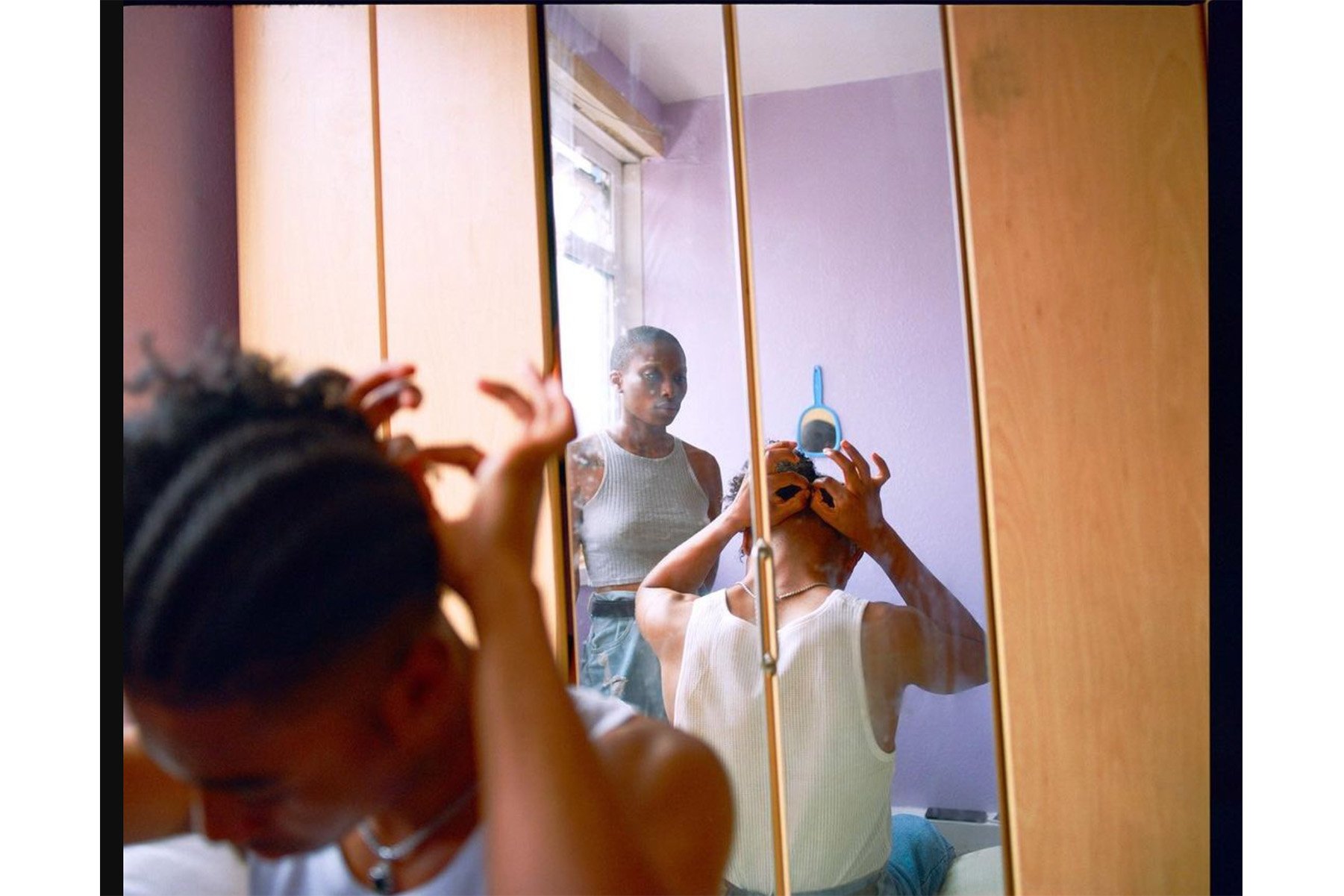
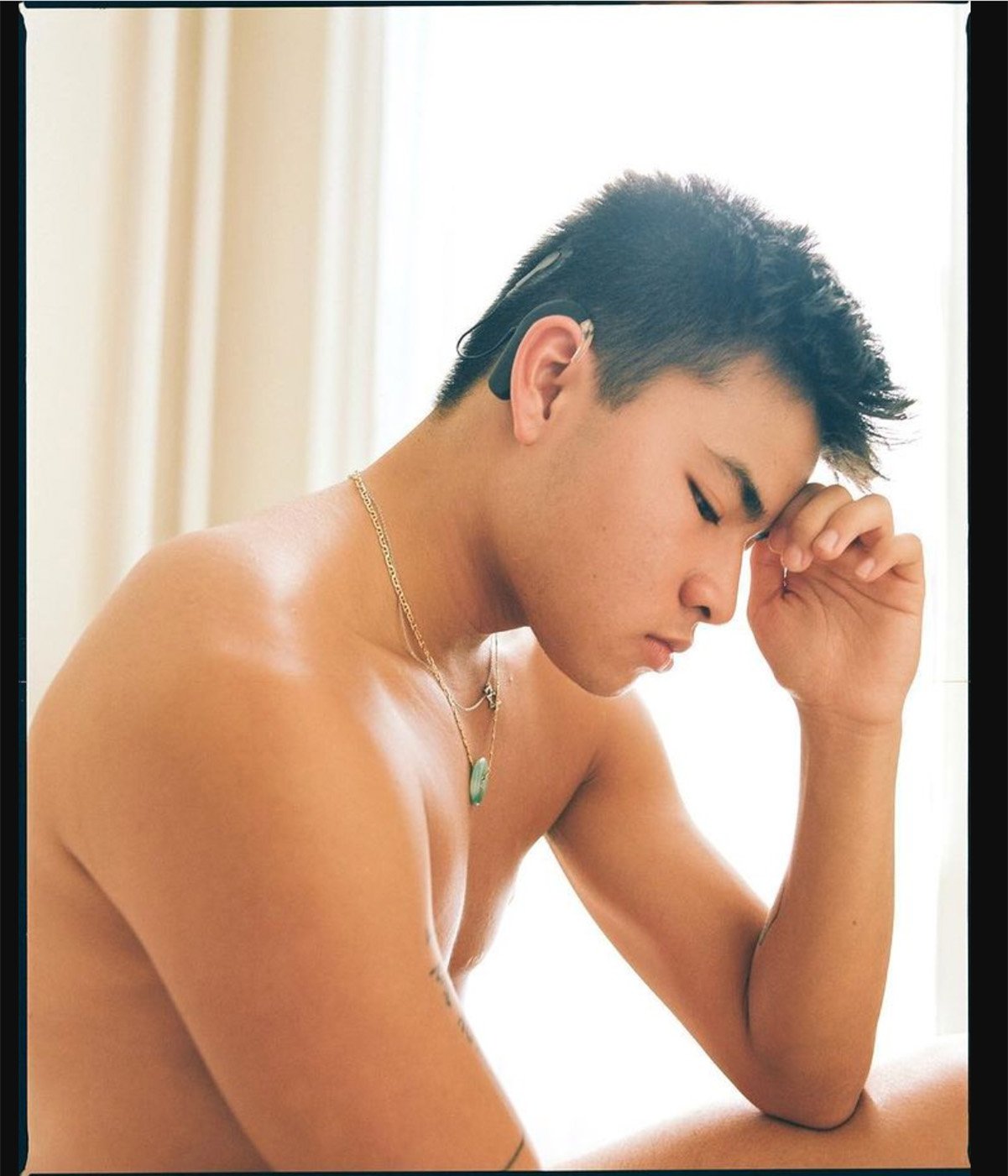
"I think meeting those sorts of people, having conversations with them and learning about things that I never knew myself, I was learning about identity and race. And also art at the same time, being in New York expanded my ideas of what I could make and what was actually possible in the art world."
Its the city, it's his peers, it's queerness, it's community. This is the melting pot in which Loftin humbly credits his development. At first it was people like Ryan McGinley and Petra Collins who fed his inspiration, now, it's all around him. Fine artists like Dena Lawson and Mickalene Thomas, his friends, fellow Black photographers whose work he sees on billboards and in magazines. He celebrates them both artistically and as a reference of cultural inspiration, a benchmark of where he too has been and can be again. "It definitely encourages me to keep doing what I'm doing and even challenges me to go harder with my work." He says.
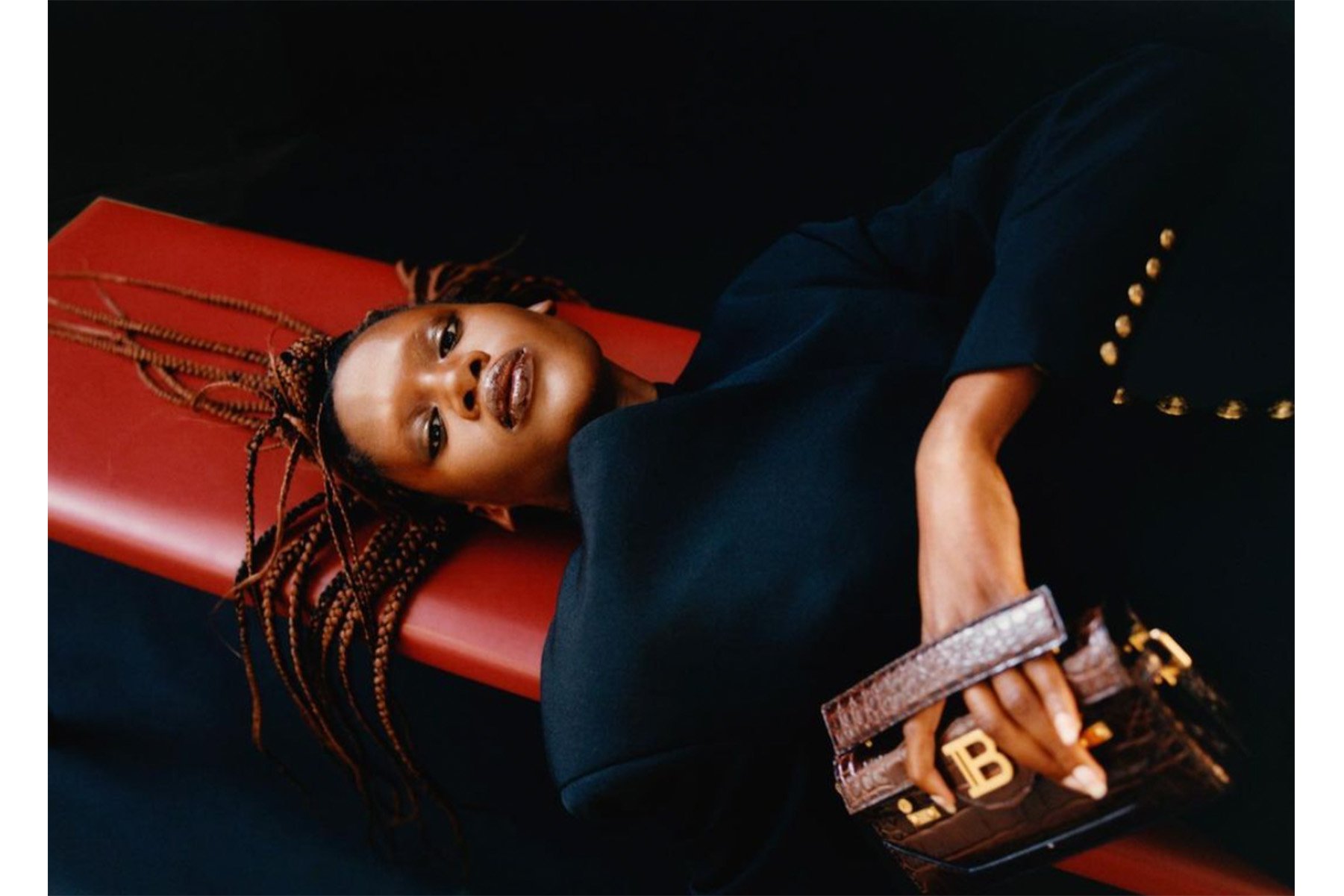
Loftin's work is prolific because of the link to his own experience in the world, and making art is what makes him feel free. A sentiment that can get lost in the world of fashion and advertising, Loftin's career thus far is transient within such a space, allowing the root of his work to find its way through. "When I'm shooting, especially when I'm shooting my friends or loved ones. That's when I feel the most free."



